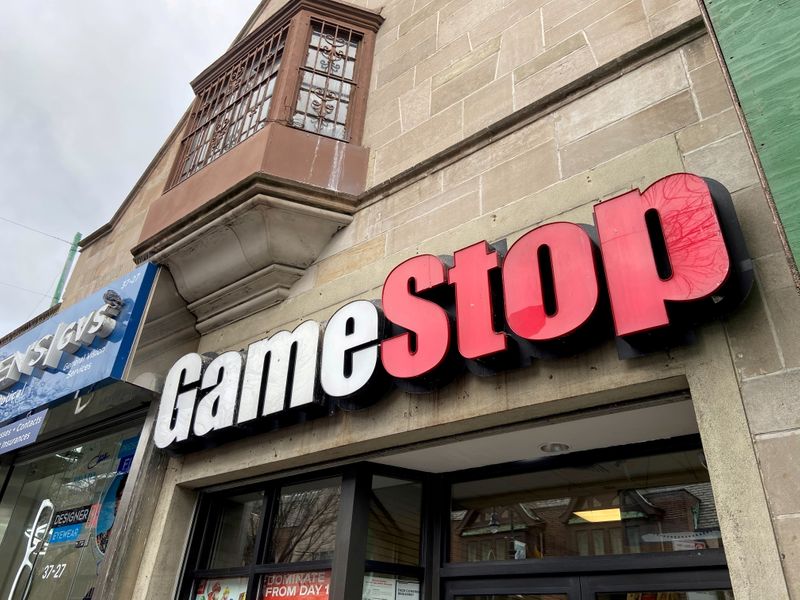By Thyagaraju Adinarayan
LONDON (Reuters) -Retail investors currently account for roughly 10% of daily trading volume on the Russell 3000, the broadest U.S. stocks index, after peaking at 15% in September as lockdown boredom and extra savings triggered interest in stock markets, Morgan Stanley (NYSE:MS) said on Wednesday.
The retail frenzy from last summer carried over into 2021 with so-called "meme stocks" like GameStop (NYSE:GME) and AMC Entertainment (NYSE:AMC) rapidly soaring more than 1,000 percent, leaving professional traders perplexed.
The average daily trading volume on the Russell 3000 index over the last five days was $380 billion, according to Refinitiv data, meaning individual traders contributed around $38 billion a day.
European retail investors on the other hand make up a 5% share of total market volume, Euronext recently said.
Morgan Stanley says the phenomenon has prompted many questions from its clients about how to effectively estimate retail activity.
"We find that retail investors tend to prefer companies in sectors they are likely to be familiar with as consumers, such as consumer discretionary, communication services, and technology," the U.S. investment bank said in a note.
Applying its own methodologies, Morgan Stanley found that over the five-year period from July 2016 to June 2021, stocks with high retail participation continued to outperform stocks with low retail participation over the subsequent one month.

The bank's number crunching also highlighted that these traders have bifurcated quality preference, with greatest activity in high quality and junk names.
Meta Material, formerly Torchlight Energy, was the latest name to see huge speculative bets by small individual traders. Clover Health Investments and Koss Corp were other names that made headlines on a retail trading frenzy.